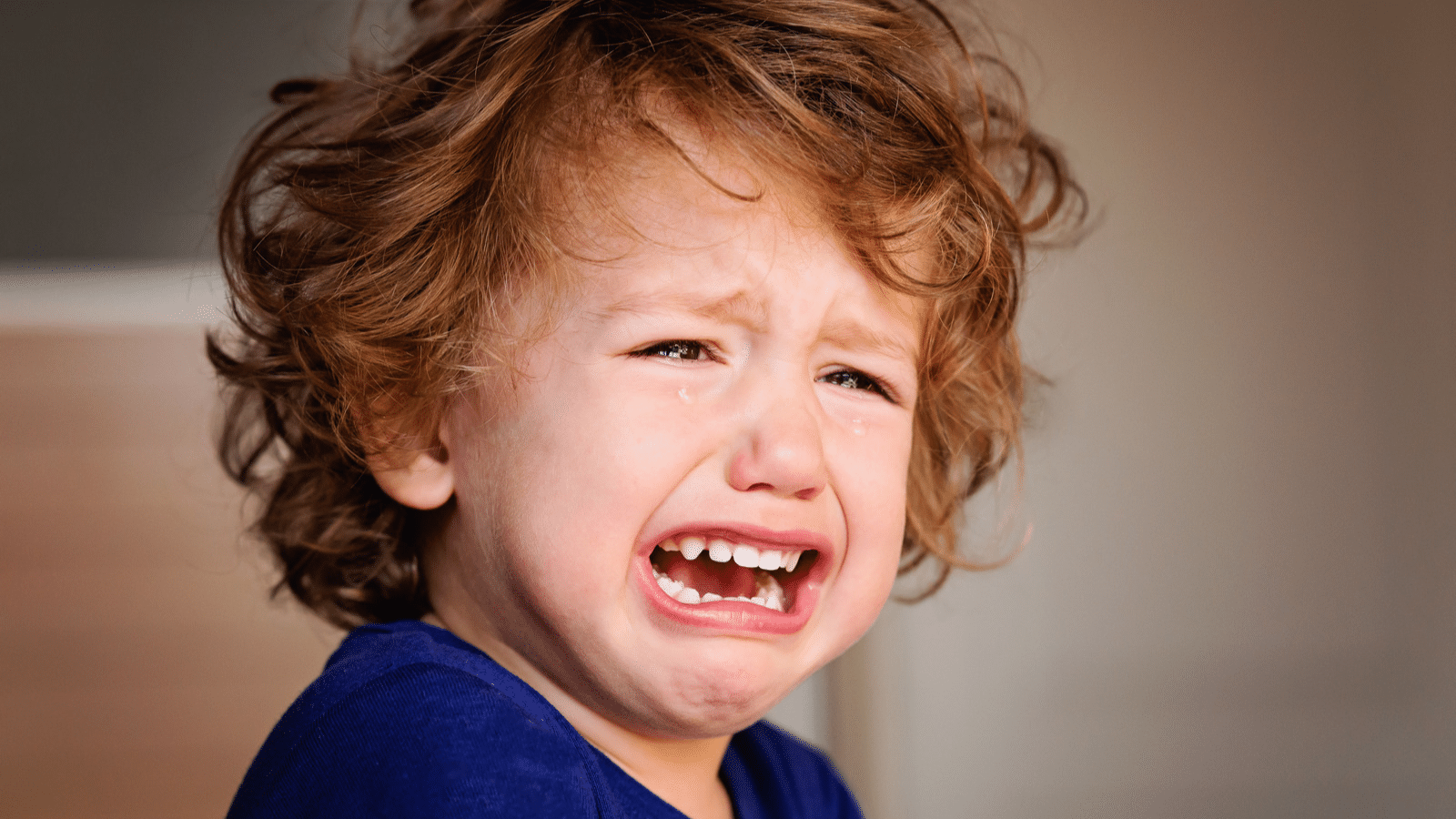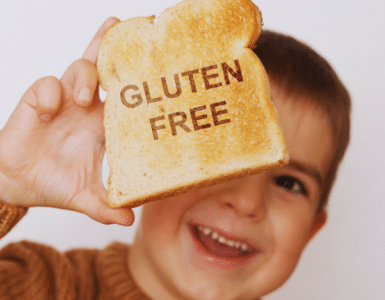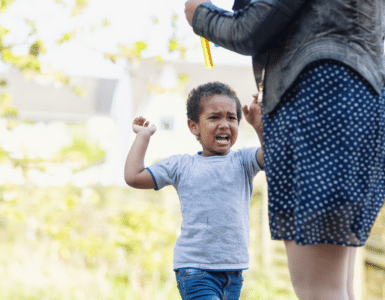If your goal is to help your child work through their big feelings without giving into your own, it is important to be able to calm yourself first. That way, you can help them through theirs without escalating the situation.
Don’t underestimate what deep breaths can do.
There’s a reason deep breathing is used as a calming technique for adults and children alike. Deep, slow breaths can help calm the nervous system and give you a moment to collect yourself before responding to the situation at hand.
Try to model deep breaths to your kids when you are upset. While they may not join you right away, they will be watching and learning how to calm themselves as they mature and gain more control over their emotions and reactions.
Get down on your child’s level.
Not only is a child more likely to listen to you when you are on their level, kneeling down to meet them can be a good visual reminder to you that the world is a much bigger, scarier place for them than it is for you!
While it won’t take away the frustrations you are feeling about their tantrums, it can help shift your perspective and allow you to remember that you have more years, brain development, and growth under your belt than they do.
Validate the feelings, not the actions.
Sometimes parents fear that if they comfort and calm a child who is throwing a tantrum, they will validate this behavior. However, it is possible to validate the feelings your child is having, while still taking a moment when things have calmed down to address their choices. Compassionate parenting is all about validating the big emotions while teaching better ways to handle them.

Learn brain development basics.
A little bit of understanding about how children’s brains are wired can help you remain calm in the face of explosive moments. Kid’s brains are still under construction! Taking a bit of time to understand how things like impulse control and cognitive function are still developing for your toddler can provide valuable insight into their behaviors.
While there are a lot of ways you can practice staying calm, chances are there will be times you lose your cool. Be gentle with yourself the same way you are trying to be gentle with your child! Remind yourself that you are doing your best, that your feelings are valid, and that it is okay if you need to put yourself in a time out to cool down.
ALSO: Can Minimalism and Young Children Actually Mix?
Never underestimate how much good a few deep breaths and a hug can do when it comes to reconnecting with your little one after a meltdown. They won’t be toddlers forever, and the lessons you are teaching them now will help them become more well-rounded and emotionally aware adults.











Add comment